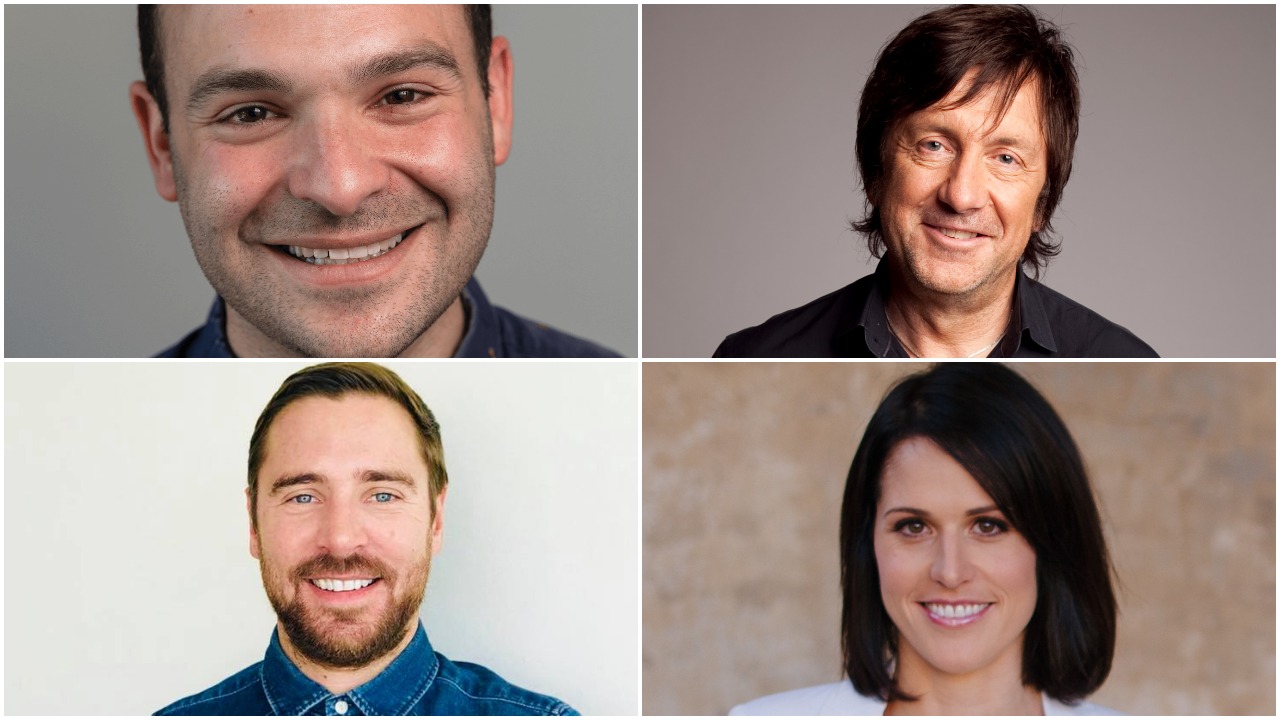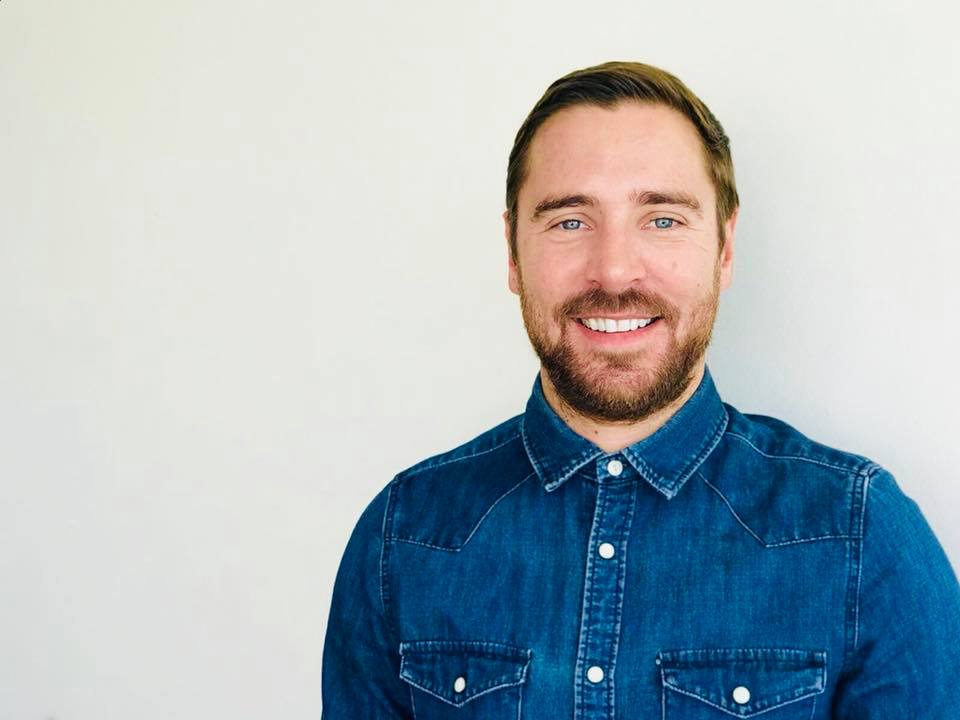Podcasting’s future ‘absolutely does not rely’ on radio

The Australian podcasting market stands out from its international counterparts due to its relationship with traditional radio networks, however this will inevitably change.
This was the view of Acast Australia’s content director, Guy Scott-Wilson, who said he’s not sure why Australia’s radio networks are so keen to claim ownership of the podcasting space.
Scott-Wilson was speaking on Radio Today’s exclusive Podcasting Power Players roundtable alongside SCA’s general manager of digital audio Grant Tothill, NOVA Entertainment’s head of podcasts and digital content Rachel Corbett, and ARN’s head of digital audio Corey Layton.
“The make-up of a panel about podcasting in other mature markets would probably look quite different,” Scott-Wilson observed.
“There’s something quite unique in Australia in that the radio networks here kind of want to try and play the role of podcast companies like Acast or Whooshkaa tend to play, and there’s this sense of right of ownership of podcasting from the radio networks, and with all due respect to my counterparts on this panel, I’m not really sure why. Is it just because they’re both audio mediums, perhaps?
“But they are quite different in almost every other way. They play different roles for audiences. They play different roles for advertisers. And all the independent research suggest that they have a very different relationship with podcasting to the one that they have with radio.”
Scott-Wilson: Podcasting does not need radio
Scott-Wilson said the future of podcasting absolutely does not rely on radio’s input, especially as media-buying agencies move towards more accurately understand the power of the medium.
“I think as agencies learn more about the medium and the investment continues to grow, I think where we’ll land is podcasting being treated as its own channel, perhaps with its own SMI data to really kind of track investment. So there’s no doubt that commercially podcasting has the scale to now stand on its own.”
Despite the dig at the radio networks, SCA’s Tothill largely agreed with Scott-Wilson’s assessment, and said podcasting must be treated as its own medium, even within radio companies.
“It deserves to be its own medium,” he said. “We sell radio very differently to how we sell podcasting. We have our own digital audio sales team that goes and sells streaming and podcasting, and I think after four years of heavy lifting in the market with agencies, they now actually understand that investment into podcasting actually gives them great results and increases their brand strength.”
Tothill said it had been a long journey to separate the two mediums, but the networks and agencies were finally making progress.
“Podcasting is more than just radio catch-up podcasting, which we see a lot of in the [Australian Podcast] Ranker – and that’s probably where radio can have an opportunity. But from an original podcast point-of-view, I think the sky’s the limit, and it’s really nice now that we’re seeing clients understand the environment and the audience reach that you can get and it is worthwhile.”
Matt & Alex All Day Breakfast is one of LiSTNR’s daily podcasts
Although the two mediums may now be competing for agency dollars, and operating as standalone mediums, Tothill said the two audio offerings are friends, not foes.
“There’s no doubt there’s opportunity for radio people to get into podcasting, but equally, podcasting is its own medium that can keep on growing,” he said. “So we see them as complementary, not as enemies.”
ARN’s Layton was also in agreement, noting that the end consumer, the end listener, doesn’t really care about the industry’s conundrums and classifications.
“[Consumers] listen to radio for live and local content. They listen to music – be it with bits of content around it or not – to heighten or enhance the mood. And podcasts to entertain or educate themselves,” Layton said.
“A realist understands that a consumer doesn’t turn the radio on and leave it on for 24/7. And the same with podcasts. The same with music. People stack their audio, and so it’s only natural that you’re seeing things like iHeartRadio and all the other variants pop up to help enable consumers to move throughout the ecosystem as they want to consume different types of content to match their day,” he said.
Layton added that the industry just needs to focus on making “great stuff” whether it’s on-demand or live, otherwise it risks getting lost.
You can watch the full panel below or listen to the audio version on this week’s Radio Today Tonight podcast.




